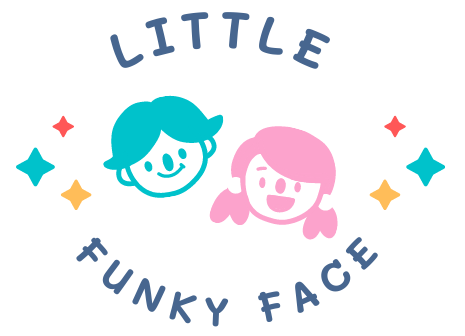Depression is a serious illness that affects millions of people worldwide. It can impact an individual’s daily life, relationships, and overall well-being. The good news is depression is a treatable mental health disorder. However, there is no one-size-fits-all approach to treating depression. Everyone’s journey to recovery is different, and what works for one person may not work for another. In this blog post, we’ll take a closer look at some of the different approaches to treating depression.
1. Medication
Antidepressants are typically the go-to medication for treating depression. They work by adjusting the levels of certain chemicals in the brain, such as norepinephrine, serotonin, and dopamine. It’s important to note that while medication can be effective in Treatment for Depression, it’s not a quick fix solution. In many cases, it takes several weeks for antidepressants to start working. Some people may also experience side effects, such as nausea, dizziness, and changes in appetite.
2. Therapy
There are several different types of therapy that can be beneficial for individuals living with depression. Cognitive-behavioral therapy (CBT) is one of the most common forms of therapy used to treat depression. CBT helps individuals identify negative thought patterns and replace them with more positive ones. Other types of therapy, like interpersonal therapy and psychodynamic therapy, can also be effective in treating depression.
3. Exercise
Exercise is often overlooked as a treatment option for depression, but it can be incredibly beneficial. Physical activity releases endorphins, which are natural mood-boosters. Exercise has also been shown to reduce inflammation in the brain, which is associated with depression. It’s not necessary to engage in high-intensity exercise to reap the benefits. Something as simple as taking a daily walk can help improve symptoms of depression.
4. Lifestyle Changes
Making positive changes to your lifestyle can have a significant impact on your mental health. This could include things like eating a balanced diet, getting enough sleep, and avoiding alcohol and drugs. It’s also essential to identify any negative factors in your life and make changes to eliminate them. For example, if your job is causing you significant stress, it might be time to explore other employment opportunities.
5. Alternative Therapies
In addition to traditional approaches to treating depression, there are also several alternative therapies that can be helpful. For example, acupuncture has been shown to reduce depressive symptoms. Mindfulness-based therapies, like meditation and yoga, can also be effective in reducing symptoms of depression by promoting relaxation and stress relief.
Conclusion:
Depression is a challenging mental health disorder, but it is treatable. It’s essential to remember that finding the right treatment approach may take time, and what works for one person may not work for another. Working with a mental health professional can help you identify the best approach to managing your depression. Remember that seeking help is a sign of strength, and there is no shame in reaching out for support. Together, we can work to reduce the stigma surrounding depression and help individuals living with this debilitating disorder lead fulfilling lives.
